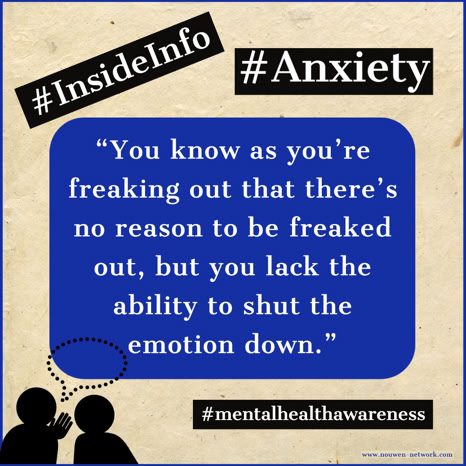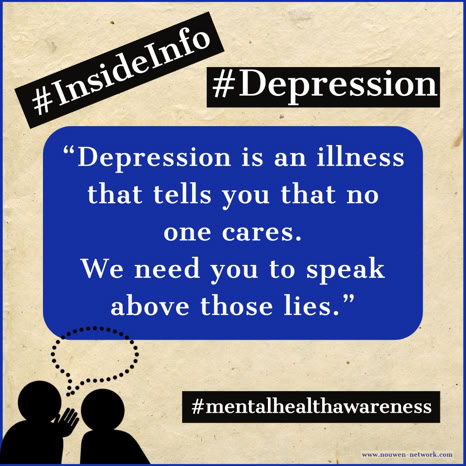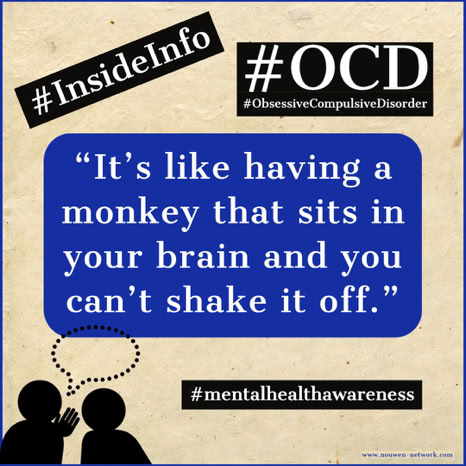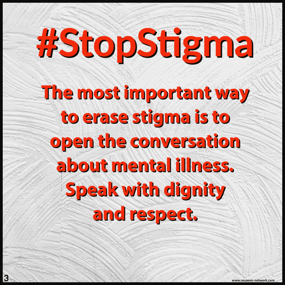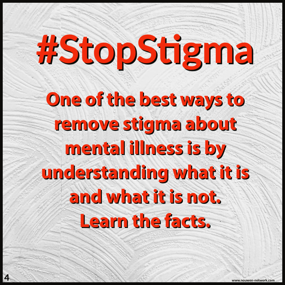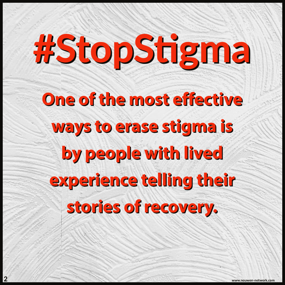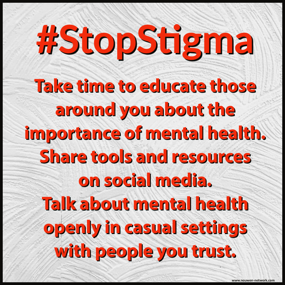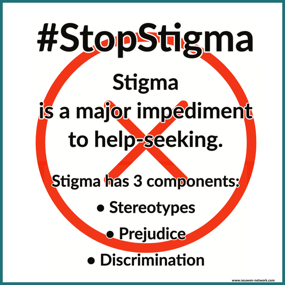Challenge Stigma
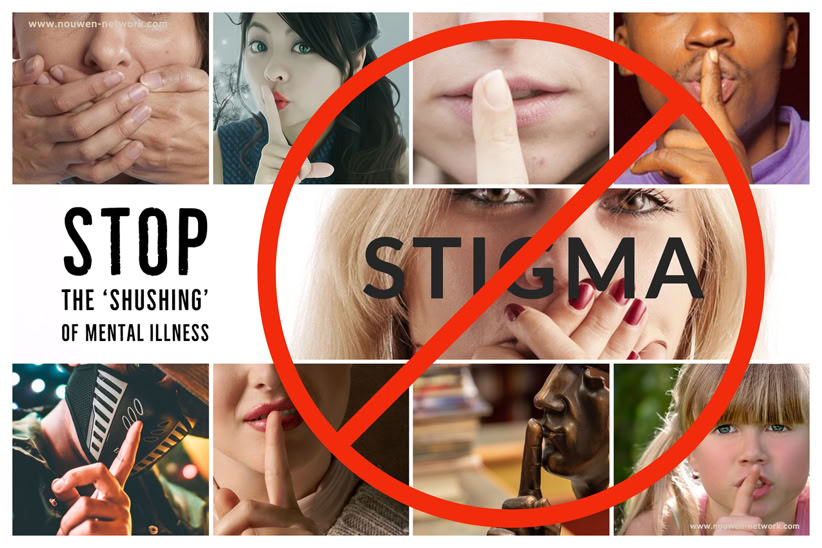
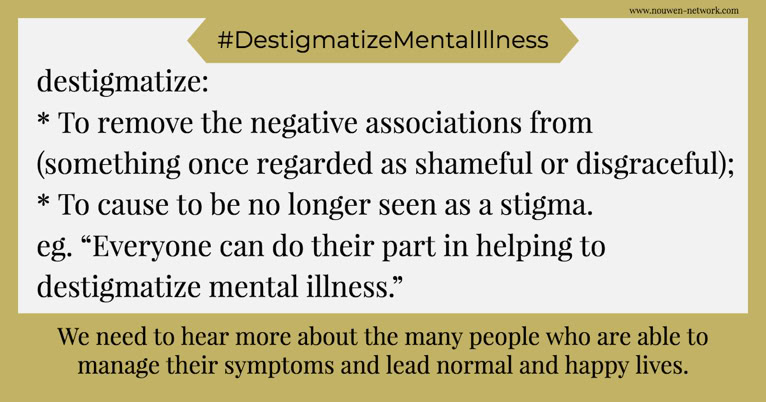
What Can YOU do to End Stigma?
LEARN AND SHARE THE FACTS ABOUT MENTAL HEALTH AND ILLNESS.
- get to know people with personal experiences of mental illness
- speak up in protest when friends, family, colleagues or the media display false beliefs and negative stereotypes
- offer the same support to people when they are physically or mentally unwell
- don’t label or judge people with a mental illness, treat them with respect and dignity as you would anyone else
- don’t discriminate when it comes to participation, housing and employment
- talk openly of your own experience of mental illness. The more hidden mental illness remains, the more people continue to believe that it is shameful and needs to be concealed.
See more HERE
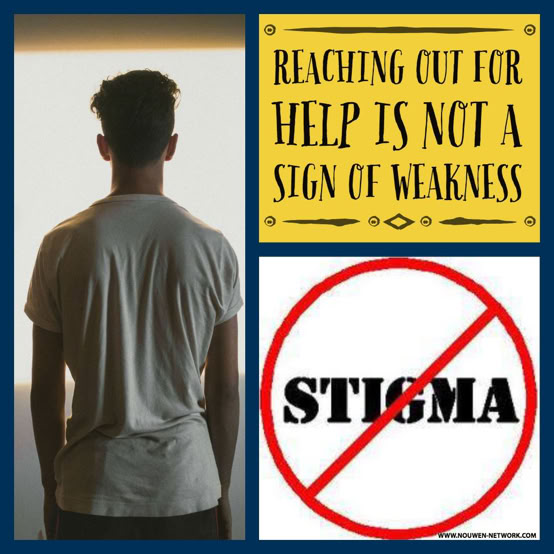
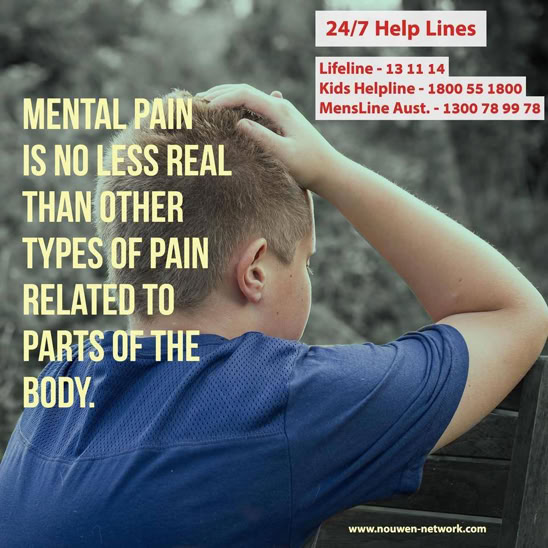
Mental health is widely misunderstood.
There is a stigma that surrounds mental health issues.
This stigma prevents people from getting the help they need.
The only way to stop the stigma is to learn as much as you can about it.
The best way to do that is to dispel some of the common myths about mental illness.
LEARN MORE about common myths about mental illness, and the facts that refute them.
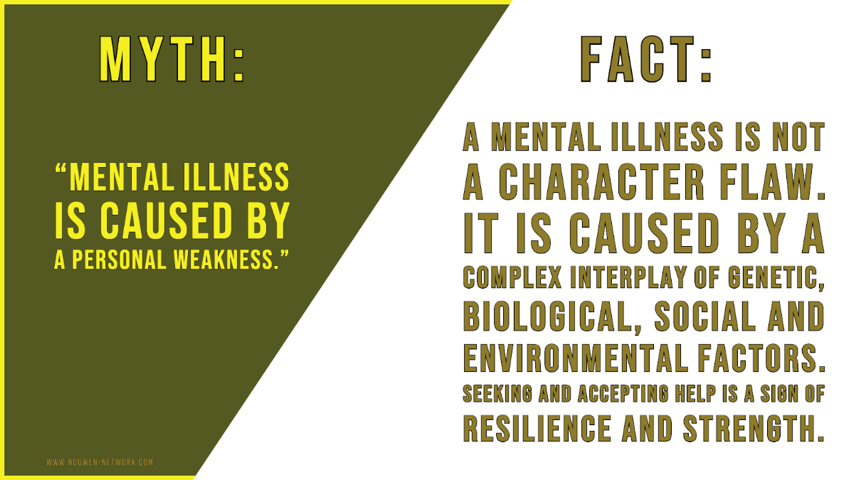
Myth: Mental illness is caused by a personal weakness.
Fact: A mental illness is not a character flaw. It is caused by a complex interplay of genetic, biological, social and environmental factors. Seeking and accepting help is a sign of resilience and strength.
LEARN MORE about Busting the Myths
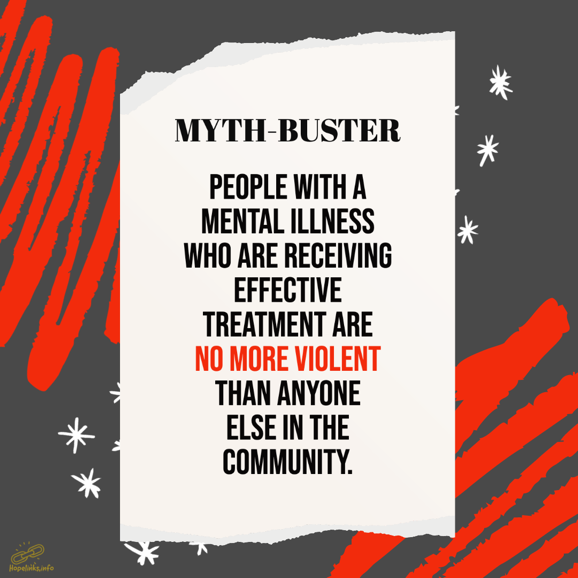
….”The media, as well as the internet, also plays a significant role in reinforcing mental illness stigma. The portrayal of people with mental illness in a negative way reinforces these negative stereotypes. A typical example of where the media reinforces negative stereotypes is a news report of a violent event that references a person who has a mental illness. This promotes the myth that all people with a mental illness are dangerous.
In fact, research has demonstrated that people with mental illness are more likely to be a victim than a perpetrator of violence. Such depictions ignore the diversity of mental illness and the ways in which mental illness can impact individual lives.”
LEARN MORE about Mental Illness and Violence
To help in reducing mental health stigma, it’s important to understand what someone with mental illness may be going through.
